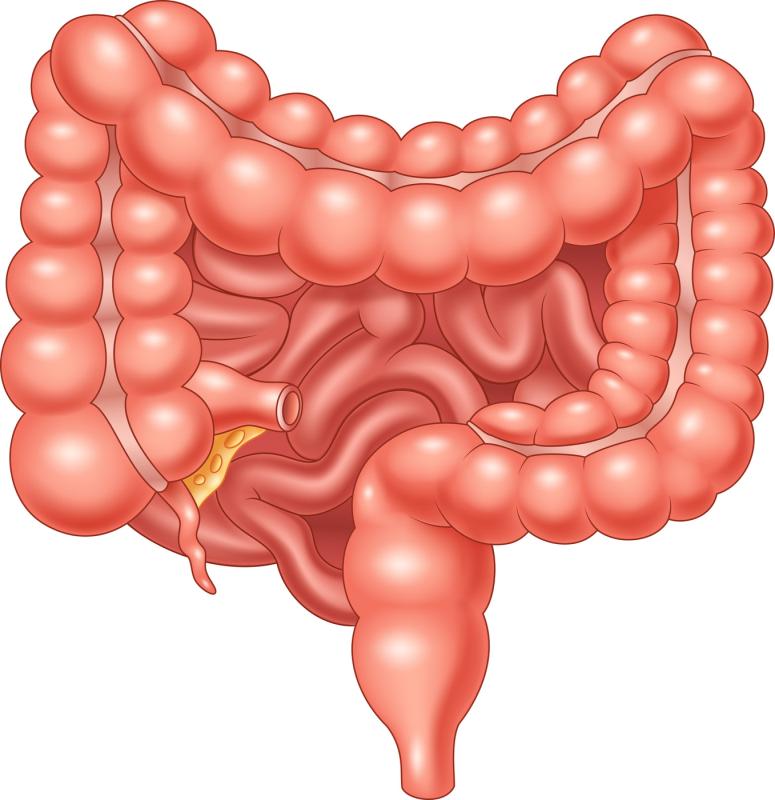
Individuals with coeliac disease are at higher risk of developing small bowel adenocarcinoma or adenomas compared with those who do not have the immune disorder, a study has shown. However, the absolute risks of these malignancies are small.
Researchers used data from the ESPRESSO cohort study and identified 48,119 patients with coeliac disease (duodenal or jejunal villous atrophy; stage 3 Marsh score; 40 percent children) and 239,249 matched controls for inclusion in the analysis. Median follow-up was 11 years.
In total, 29 patients and 45 controls developed small bowel adenocarcinoma (0.06 percent vs 0.02 percent), seven patients and 31 controls developed carcinoids, and 48 patients and 50 controls developed adenomas.
On Cox regression analysis, coeliac disease was associated with a threefold higher risk of small bowel adenocarcinoma (hazard ratio [HR], 3.05, 95 percent confidence interval [CI], 1.86–4.99) and a more than fivefold increased risk of adenomas (HR, 5.73, 95 percent CI, 3.70–8.88). The risk increase for the former was highest during the first 10 years of follow-up, whereas for the latter, the risk was most pronounced during the first year of follow-up (years 1–2 after coeliac disease diagnosis) and after more than 15 years.
There was no significant association observed between coeliac disease and risk of carcinoids (HR, 0.59, 95 percent CI, 0.16–2.10).
Overall, one extra case of small bowel adenocarcinoma occurred in every 2,944 patients with coeliac disease followed for 10 years. Mucosal healing conferred a lower risk of future small bowel adenocarcinoma (HR, 0.18, 95 percent CI, 0.02–1.61), although the estimate failed to attain statistical significance.
The findings do not support a need for surveillance, but coeliac disease patients with signs or symptoms of malignancy should be further examined for small bowel adenocarcinoma, according to the researchers.